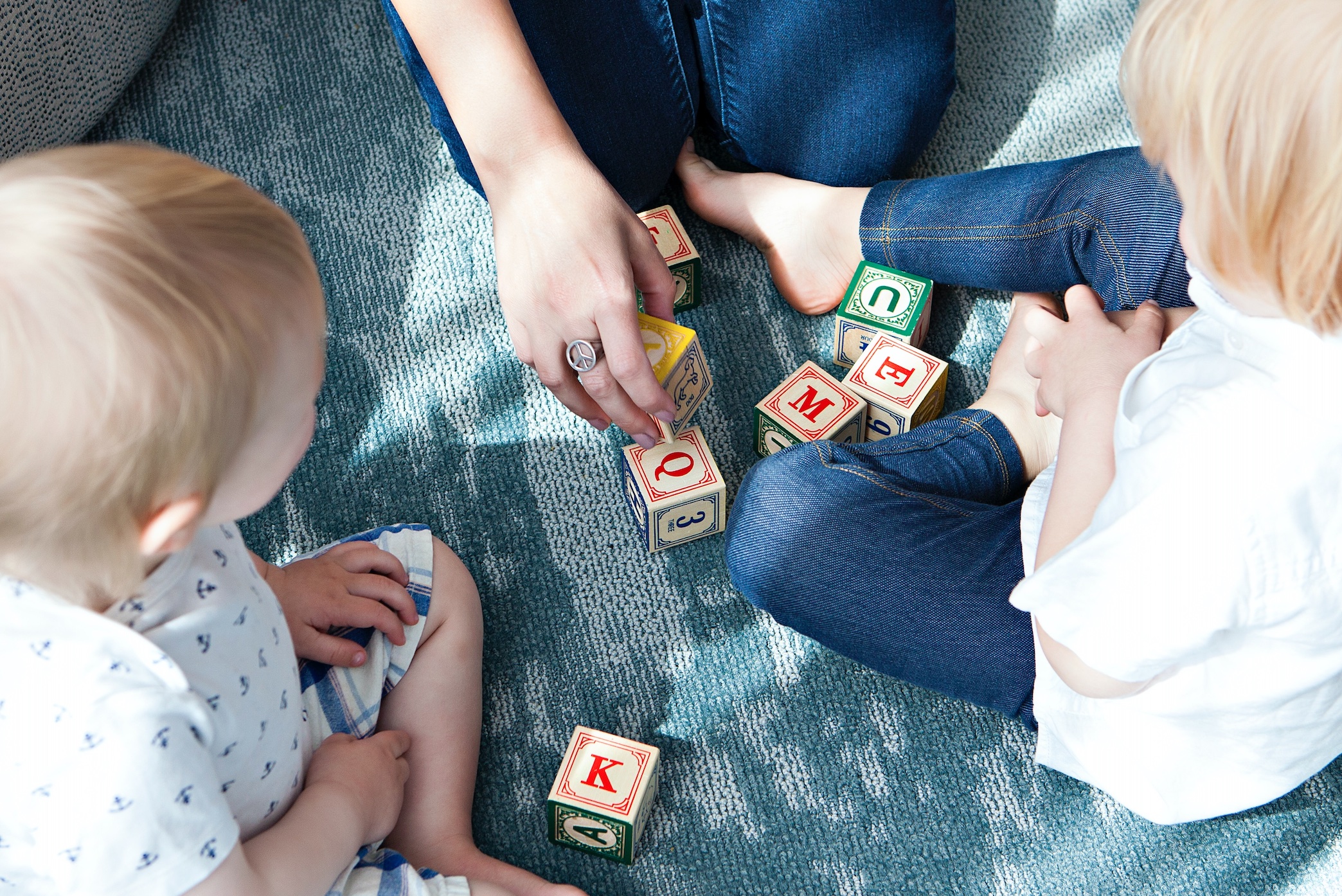Co-parents can create a harmonious and supportive environment by focusing on effective communication, flexibility, legal considerations, and maintaining the child’s well-being.
Navigating the complexities of co-parenting and child custody agreements can be challenging. Still, creating a stable, supportive environment for your child is possible with the right strategies and mindset. This blog post will provide practical advice and strategy to help you thrive in your co-parenting journey, focusing on communication, flexibility, legal considerations, and maintaining your child’s best interests.
Effective Communication
Open and Honest Dialogue
Effective communication is the cornerstone of successful co-parenting. Both parents should strive to maintain open and honest dialogue to ensure that all decisions are made collaboratively and in the child’s best interest. Regularly scheduled meetings or check-ins can help keep both parents on the same page and address any issues before they escalate.
Use of Communication Tools
In today’s digital age, numerous tools can facilitate better communication between co-parents. Apps designed specifically for co-parenting can help manage schedules, share important information and track expenses. Utilizing these tools can reduce misunderstandings and ensure both parents can access the same information.
Flexibility and Adaptability
Being Open to Change
Flexibility is crucial in co-parenting arrangements. Life is unpredictable, and circumstances may change, requiring adjustments to the custody agreement. Both parents should be willing to adapt and be open to renegotiating terms as needed. This flexibility can help reduce conflict and ensure that the child’s needs remain the priority.
Handling Emergencies
A well-thought-out plan for handling emergency scenarios can significantly help minimize stress and ensure that a child’s well-being is always prioritized and protected. It’s essential to have open discussions with all caregivers involved to establish clear protocols for various types of emergencies, whether medical incidents, natural disasters, or other unexpected situations. Agreeing on specific roles for each person, communicating effectively during a crisis, and outlining steps for quick decision-making are essential components. Practicing these protocols through regular drills can also enhance preparedness and confidence, ensuring everyone knows what to do when an emergency arises, ultimately creating a safer environment for the child.
Legal Considerations
Understanding Your Rights and Responsibilities
Both parents should take the time to thoroughly familiarize themselves with the child custody laws in their specific jurisdiction, as these laws can vary significantly from one place to another. Understanding these regulations is crucial, as they outline the rights and responsibilities of each parent and the factors that influence custody decisions. Additionally, parents should seek legal advice if they have any uncertainties or specific questions regarding their situation. Consulting with a family law attorney can provide valuable insights tailored to their circumstances.
Creating a Detailed Agreement
A well-crafted child custody agreement is the foundation of successful co-parenting. This agreement should outline the custody schedule, decision-making responsibilities, and protocols for handling disagreements. Including as much detail as possible can help prevent misunderstandings and provide a clear framework for both parents.
Maintaining the Child’s Best Interests
Prioritizing the Child’s Well-Being
The primary goal of any co-parenting arrangement should be the child’s well-being. Both parents should prioritize the child’s emotional, physical, and psychological needs above all else. Creating a stable and supportive environment involves promoting a positive relationship with both parents and minimizing exposure to conflict.
Consistency and Routine
Children thrive on consistency and routine, particularly during times of change. Establishing consistent schedules, rules, and expectations across both households can help provide the child with stability and security. Regular routines for meals, bedtime, and homework can make transitions between homes smoother and less stressful.
Co-Parenting Strategies
Collaborative Decision-Making
Both parents should actively collaborate to make crucial decisions regarding their child’s education, healthcare, and extracurricular activities. This joint effort ensures that the child’s needs are met from multiple perspectives and allows each parent to contribute their unique insights and expertise. For instance, when discussing educational choices, one parent might focus on academic strengths while the other considers social development opportunities. Additionally, this collaborative approach benefits the child by providing a well-rounded support system and fostering a shared responsibility and partnership between the parents.
Conflict Resolution Techniques

Conflict is inevitable in any co-parenting relationship, but how it is handled can make a significant difference. Developing effective conflict resolution techniques, such as active listening, compromise, and seeking mediation when necessary, can help manage disagreements constructively and prevent long-term resentment.
Seeking Legal Advice
Consulting with a family law attorney can provide valuable guidance and support throughout the co-parenting and child custody process. An experienced attorney can help ensure that both parents understand their rights and responsibilities, assist in creating a detailed custody agreement, and provide resources for managing any legal disputes or issues that may arise. Remember to choose an attorney like Vincent & Ratajczak Attorneys At Law, specializing in family law and having experience with co-parenting arrangements, to meet your needs best. Ultimately, seeking legal advice can provide peace of mind and help protect your child’s best interests.
Co-parenting and child custody agreements require effort, cooperation, and a commitment to the child’s best interests. Co-parents can create a harmonious and supportive environment by focusing on effective communication, flexibility, legal considerations, and maintaining the child’s well-being. It is important to remember that, despite the challenges, successful co-parenting is achievable and can provide significant benefits for both the child and parents. Embrace these best practices and strive to build a positive co-parenting relationship that supports your child’s growth and happiness.


Join the conversation!